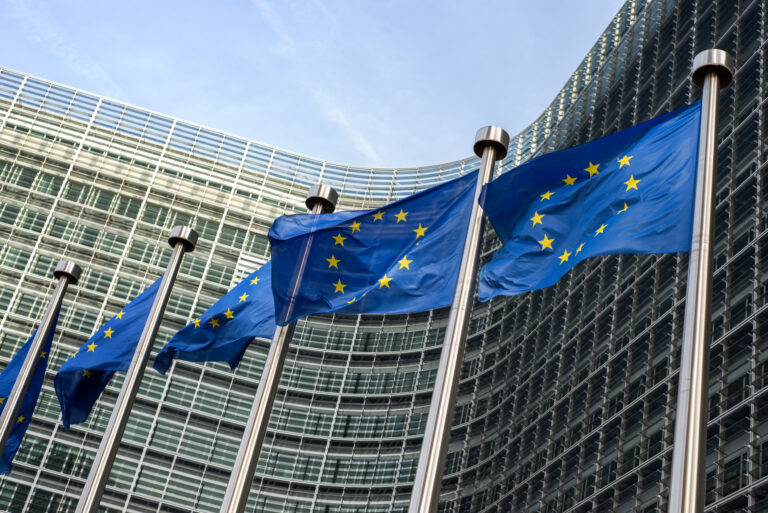Add to favorites:
Share:
This call addresses the EU's open strategic autonomy, emphasizing the ability to act independently in critical policy areas, spanning economic and non-economic dimensions. These include energy, research, health, technology, defence, food, and the promotion of democracy and human rights. The initiative aims to consolidate workable definitions and robust evidence to guide policymaking and assess the evolving threats, vulnerabilities, and opportunities in the geopolitical landscape. The call's framework aligns with the European Economic Security Strategy, focusing on managing economic security risks while promoting international collaboration in research and innovation.
The scope includes mapping trends, actors, and risks linked to open strategic autonomy and economic security across diverse sectors like research, innovation, and production. It also analyzes the interrelations between strategic autonomy and research security, balancing openness and necessary restrictions to ensure resilience in EU policies. Policy recommendations will highlight pathways to enhance autonomy while minimizing negative effects on the EU, its Member States, neighboring countries, and developing economies.
Proposals must assess the proportionality, costs, and benefits of policies, interlinking open science, academic freedom, and science diplomacy. The call also encourages exploring global trends and responses from key geopolitical players (e.g., USA, China) and incorporating gender-responsive approaches and ethical diplomacy.
Stakeholder engagement, participative methodologies, and leveraging EU-funded research results are integral. Cooperation with past and ongoing projects is expected, emphasizing data standards under the FAIR principle. The objective is to enhance EU resilience, competitiveness, and partnerships without promoting harmful protectionism.
Opening: 15 May 2025
Deadline(s): 16 Sep 2025
Expected Outcome
Projects should deliver:
- Concepts, definitions, and evidence for policymaking on strategic autonomy and economic security
- Insights into the benefits and impacts of EU autonomy on global stakeholders
- Policy recommendations to enhance autonomy while avoiding harm to societal and economic actors
- Analysis of drivers and historical evolution in key policy fields
- Recommendations for balanced autonomy aligned with EU’s global role
Scope
The scope includes:
- Consolidating definitions and frameworks for open strategic autonomy and economic security
- Analyzing drivers and trends in key sectors like research, innovation, and production
- Assessing the implications of autonomy for EU policy fields and international cooperation
- Balancing openness and strategic restrictions
- Addressing risks and divergences within EU Member States
- Exploring global responses and cooperation with key geopolitical players

